US - New Hampshire Meals and Rentals Tax Guide

Meals and Rentals Tax Basics in New Hampshire
New Hampshire is one of the five US states known as a "NOMAD" state, which does not impose a sales and use tax. The other four states are Oregon, Montana, Alaska, and Delaware. However, similarly to Oregon or Delaware, New Hampshire has several special types of taxes, where the Meals and Rooms (Rentals) tax (M&R tax) stands out.
The M&R tax is a consumer-paid tax applied to hotel stays, facilities offering sleeping accommodations, restaurant meals, and motor vehicle rentals. Taxable persons providing these taxable services are liable and responsible for collecting and remitting M&R from consumers and remitting it to the Department of Revenue Administration.
New Hampshire Meals and Rentals Tax Rates
New Hampshire imposes only a state-wide M&R tax, meaning there are no local M&R taxes. Since October 1, 2021, the state-wide M&R tax rate is 8.5%. Once the Department of Revenue Administration receives the payment of due taxes from taxable persons, the State distributes these taxes to municipalities.
Tax-Exempt Transactions
Considering the specifics of the M&R tax, certain exemptions are specifically defined. For example, gratuity charges added to taxable meals, rooms, or related services are generally exempt from the Meals and Rooms tax if specific conditions are met. These conditions include that these charges be paid directly to the service personnel, which cannot replace required wages or be used as a bonus pool for management. They are limited to 18% of the taxable charge, unless separately stated.
Additionally, auxiliary charges, such as service fees, management fees, or housekeeping charges, are generally exempt from the Meals and Rooms tax if the taxable meal or room can be purchased without them and the charges are separately stated.
Also, portions of aggregate charges allocated to items not typically associated with a room or meal, such as ski lift tickets, amusement park admissions, or theater tickets, are non-taxable if the cost reflects what is paid to outside vendors or the additional cost beyond the standard meal or room, provided gratuities comply with statutory rules and proper documentation is maintained.
Admission charges that cover only entry are also non-taxable. However, these charges must exclude food and beverage, and must be separately stated on the ticket or contract.
Since the tax applies to meals, the Department of Revenue Administration specified certain meals that are exempt from this tax, including those provided by non-profit or charitable organizations for their purposes, meals served by educational organizations to students, staff, volunteers, or participants in educational activities, and meals offered to inmates or employees of state or federal institutions.
Finally, certain occupancies are exempt from the M&R tax. These include stays at hospitals, convalescent homes, nursing homes, or facilities for the elderly, as well as those operated by state or federal agencies. Additionally, non-profit religious or charitable organizations that do not offer accommodations to the general public, permanent residents, employees receiving occupancy as part of their pay, and seasonal camps for children under 18 are also exempt.
Notably, food products sold by a store and those wholly packaged off the premises and sold in their original, unopened containers, such as those found on ships, candy, energy bars, and similar items, are non-taxable. The same applies to canned, bottled, or otherwise prepackaged, ready-to-drink beverages that are wholly packaged before being sold and sold in their original, unopened containers, such as fruit drinks, milk, coffee drinks, energy drinks, or alcoholic beverages.
Nexus Rules in New Hampshire
In contrast to US states that impose sales and use taxes, where typically three types of nexus are relevant, physical, economic, and marketplace nexus, due to the specific nature of the M&R, in New Hampshire, only physical nexus is relevant.
Physical Nexus
Even this physical nexus is not a typical physical nexus, but rather a nexus in alignment with the nature of meal and room rental providing services. Since meals and room rentals are provided within the borders of New Hampshire, the M&R tax applies to those supplies, unless they fall within the category of exempt supplies or transactions.
Taxable Goods and Services in New Hampshire
All items, products, or services customarily associated with the preparation or service of a taxable meal shall be taxable when provided by a catering business, even when a separate charge is made. These may include dishes of every kind, as well as china, silverware, glassware, linens, napkins, bar setups, heating or refrigeration equipment, and more.
If a bakery sells only baked goods for off-premises consumption, these items are not taxable regardless of quantity. In contrast, if the bakery sells goods or products commonly offered by restaurants, such as beverages, sandwiches, or baked goods intended for on-premises consumption, it is treated as a restaurant. Consequently, all sales are taxable, except for baked goods sold in units of six or more for off-premises consumption.
Furthermore, any alcoholic beverage, including beer, wine, and liquor, sold in restaurants without accompanying food is subject to M&R tax.
Regarding rentals, M&R applies to any property providing sleeping accommodations, including houses, cottages, apartments, camps, lodges, chalets, rooms, or dormitories. Additionally, rent for spaces in hotels, such as convention halls, dining rooms, stores, offices, or outdoor grounds, is taxable unless the requirements for permanent residency are met. The M&R tax must be collected on all room rentals of less than 185 consecutive days. Once this day threshold is exceeded, the operator must refund collected tax to the occupant.
E-Commerce Framework
While most US states acted promptly on the Wayfair 2018 ruling and imposed sales and use tax requirements on out-of-state or remote sellers, New Hampshire officials reacted in the opposite direction, enacting legislation to protect in-state sellers that may be considered remote sellers in other states.
In 2019, Governor Sununu signed SB 242 in response to the Supreme Court’s decision in South Dakota v. Wayfair, Inc., which prevents potential attempts by other states or localities to collect tax from New Hampshire businesses selling remotely, ensuring such actions are legitimate and constitutional.
Additionally, the law requires that competent authorities of other US states or localities provide written notice to the New Hampshire Department of Justice (DOJ) at least 45 days before pursuing tax liability, and it directs the DOJ to establish a system for confidential, voluntary information sharing with businesses.
Furthermore, the legislature authorizes the DOJ to work with the Department of Revenue Administration to issue bulletins informing businesses of relevant developments, encourages companies to report tax requests to the DOJ, and establishes a temporary commission to monitor federal and state actions affecting sales or use tax collection, issuing reports on its findings.
Therefore, the local sellers offering taxable goods and services in other states may still be liable for sales tax in those states, provided certain conditions are met. These conditions include establishing an economic nexus in another US state and meeting the procedural requirements set by New Hampshire.
First of all, the New Hampshire remote seller must notify the New Hampshire DOJ if an out-of-state or local Tax Authority initiates collection efforts related to the seller’s remote sales, ensuring the taxing authority has met the required notice obligations. Alternatively, the seller may choose to comply voluntarily with the collection, but must still notify the DOJ.
Once the DOJ receives the notice, it will review the taxing authority’s actions and relevant sales and use tax laws to ensure compliance with the US and New Hampshire Constitutions, as well as other applicable criteria. In cases where the DOJ determines that the collection efforts are improper, it may file a civil action seeking an injunction, a declaratory judgment, or both. Filing a civil action against the taxing authority, including claims for damages and attorney's fees, is also a right that remote sellers may exercise.
Even when the DOJ determines that a New Hampshire remote seller is required to collect sales or use tax for another US jurisdiction, that seller is entitled to deduct reasonable costs, such as setup and ongoing maintenance, incurred in collecting and remitting the tax.
Marketplace Rules
There are no rules governing remote or out-of-state sellers, nor are there economic and marketplace nexus rules, so marketplace sellers are not required to collect and remit taxes on sales to local consumers.
However, those who offer rooms and motor vehicles for rent in New Hampshire through online platforms such as Airbnb are subject to the M&R tax rules and regulations. Since these platforms are required to obtain a New Hampshire Meals and Rentals License and collect and remit room and motor vehicle taxes to the state, those who use these platforms must provide evidence of renting through them.
Digital Goods and Services
Similar to Delaware, the sale of digital goods and services, such as software, e-books, and streaming services, is exempt from taxation in New Hampshire.
Digital Marketplace
Due to the absence of sales and use tax rules and regulations, there are also no marketplace facilitator laws in the state. As previously stated, New Hampshire moved in a different direction and enacted legislation to protect in-state sellers that may be considered remote sellers in other US states. However, there are specific M&R tax rules and requirements that room and motor vehicle rental facilitators must fulfill.
Digital Platform Operator
Under New Hampshire legislation, the operator is defined as any person who provides sleeping accommodations for rent to the general public, including private homeowners, charges for taxable meals, or rents motor vehicles under agreements subject to tax.
Furthermore, the definition also includes individuals acting as agents, such as lessees, sublessees, mortgagees, or licensees, on behalf of an owner in renting sleeping accommodations, vehicles, or providing taxable meals, as well as those serving as rental or room facilitators.
This means that digital platforms, such as Airbnb, must obtain a New Hampshire Meals and Rentals License and collect and remit room and motor vehicle tax to the state. The M&R tax applies to the full price charged, including any fees, services, or other charges paid to the facilitator by the consumer.
Filing and Payment Requirements in New Hampshire
Individuals and businesses subject to M&R tax legislation must file a monthly return by mail or electronically to the Commissioner of Revenue Administration by the 15th day of the month following the collection of taxes, even if no tax is due.
In some cases, the taxable persons may be granted permission for an alternative filing schedule, which is defined and approved by the Commissioner of Revenue Administration. This typically applies to seasonal businesses, which are allowed to file fewer than 12 monthly returns.
Penalties for Non-Compliance with Meals and Rentals Tax Requirements
Taxable persons who fail to pay M&R taxes on time will incur a penalty of 10% of the unpaid or underpaid amount. However, the penalty may rise to 50% of the unpaid or underpaid amount if the fraud is the cause of non-payment or underpayment. Those who do not file a complete return in a timely manner are subject to a penalty equal to 5% of the tax due.

Featured Insights
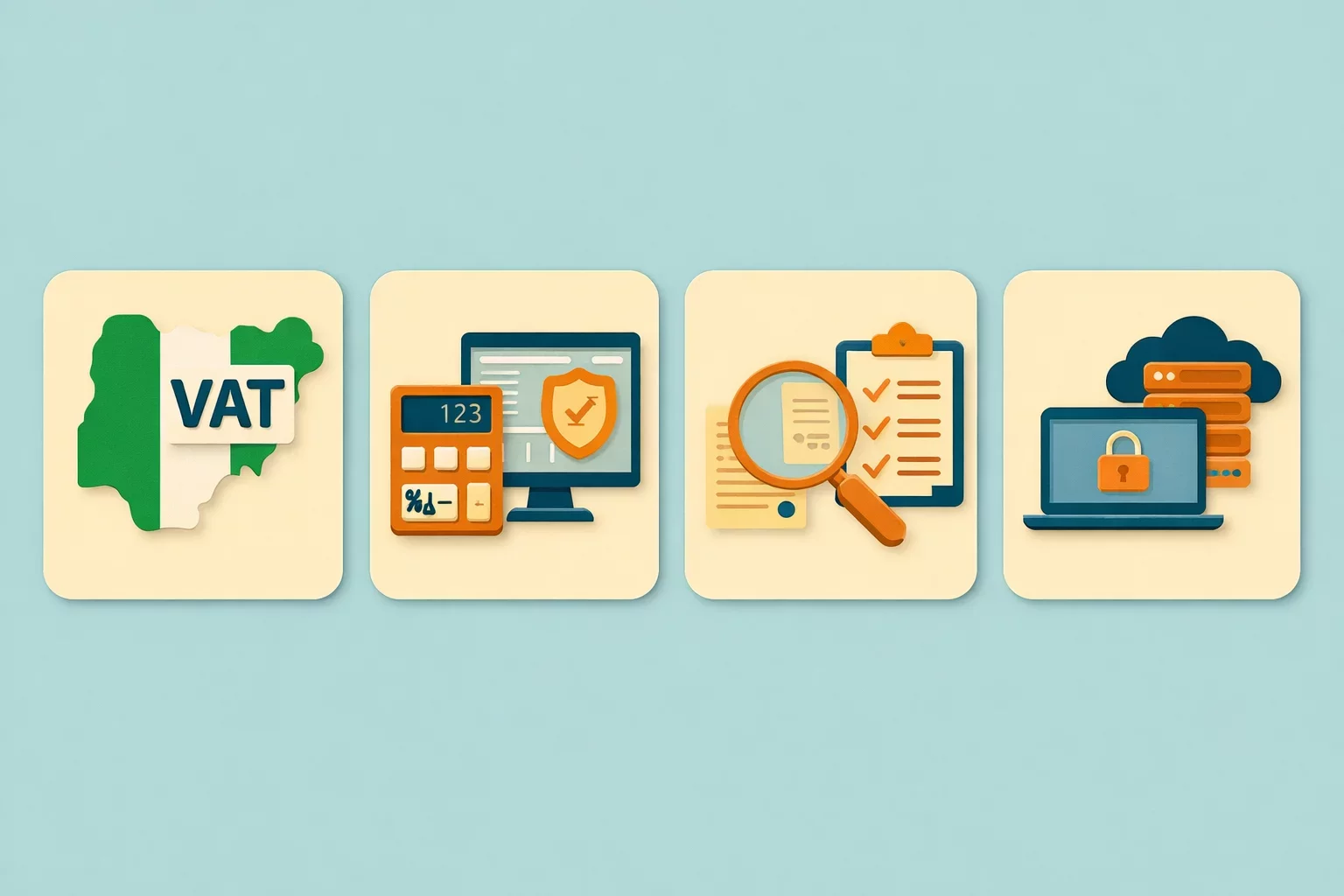
Nigeria VAT Compliance: TaxPro Max Explained
🕝 March 3, 2026More News from Americas
Get real-time updates and developments from around the world, keeping you informed and prepared.
-e9lcpxl5nq.webp)




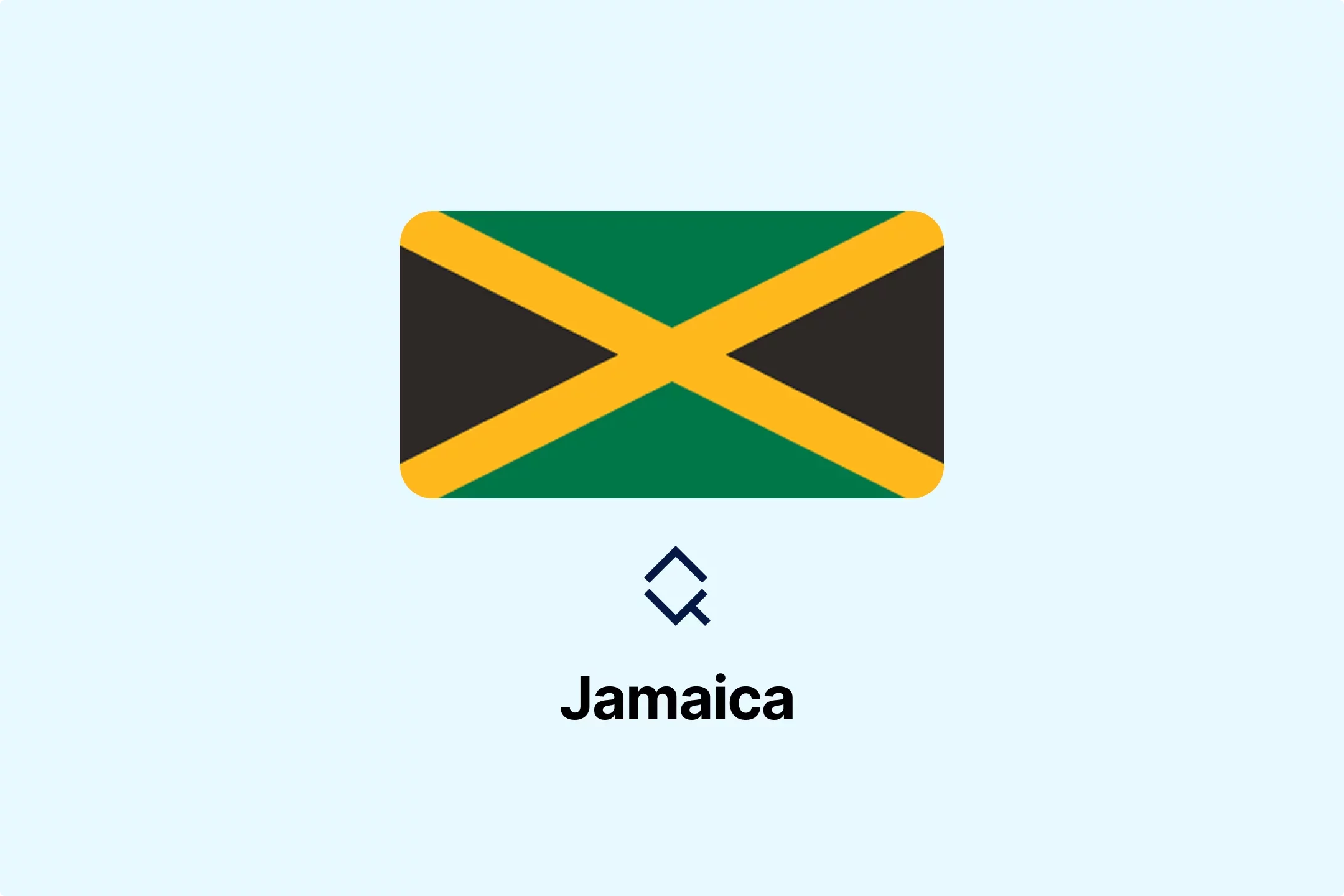
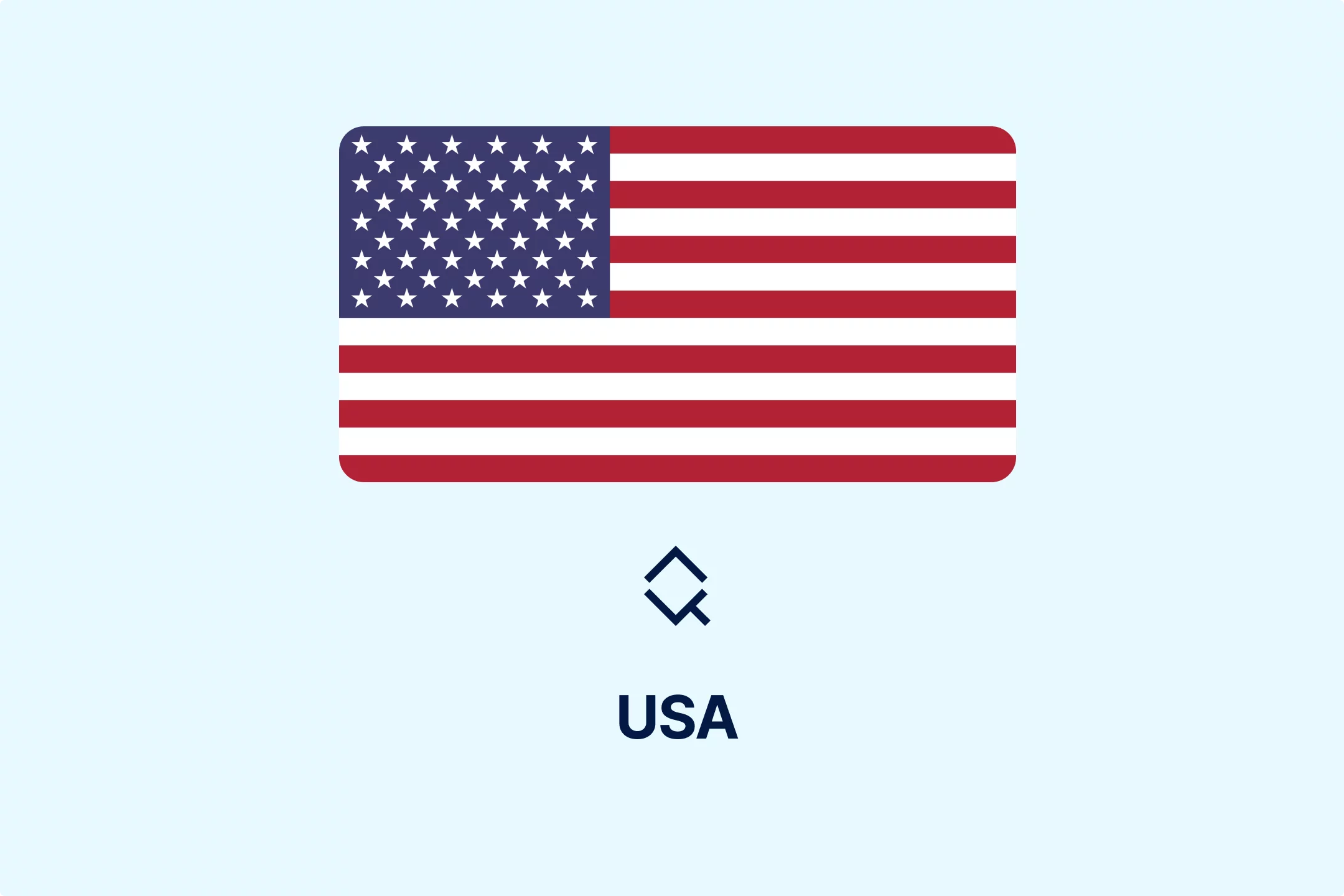
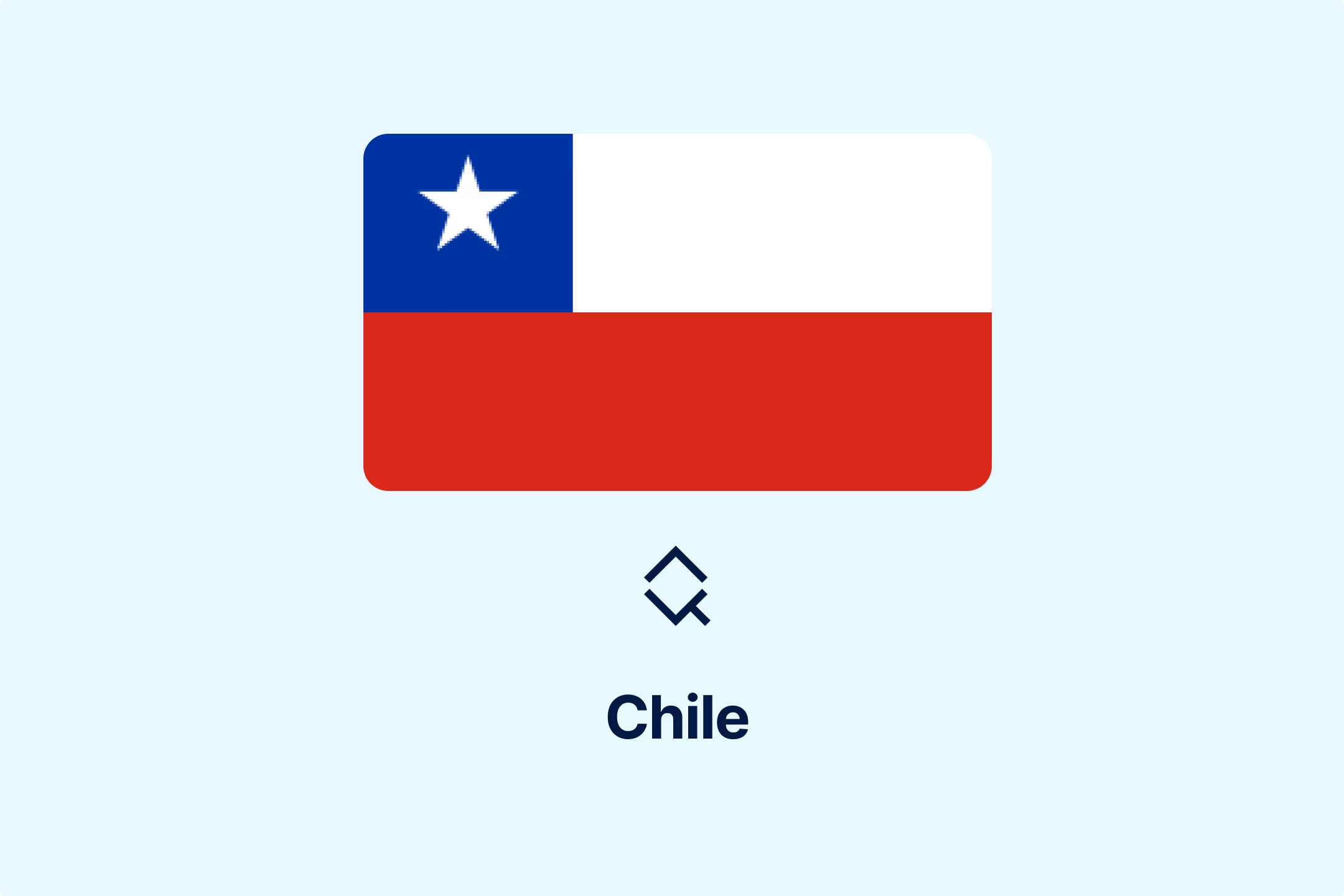
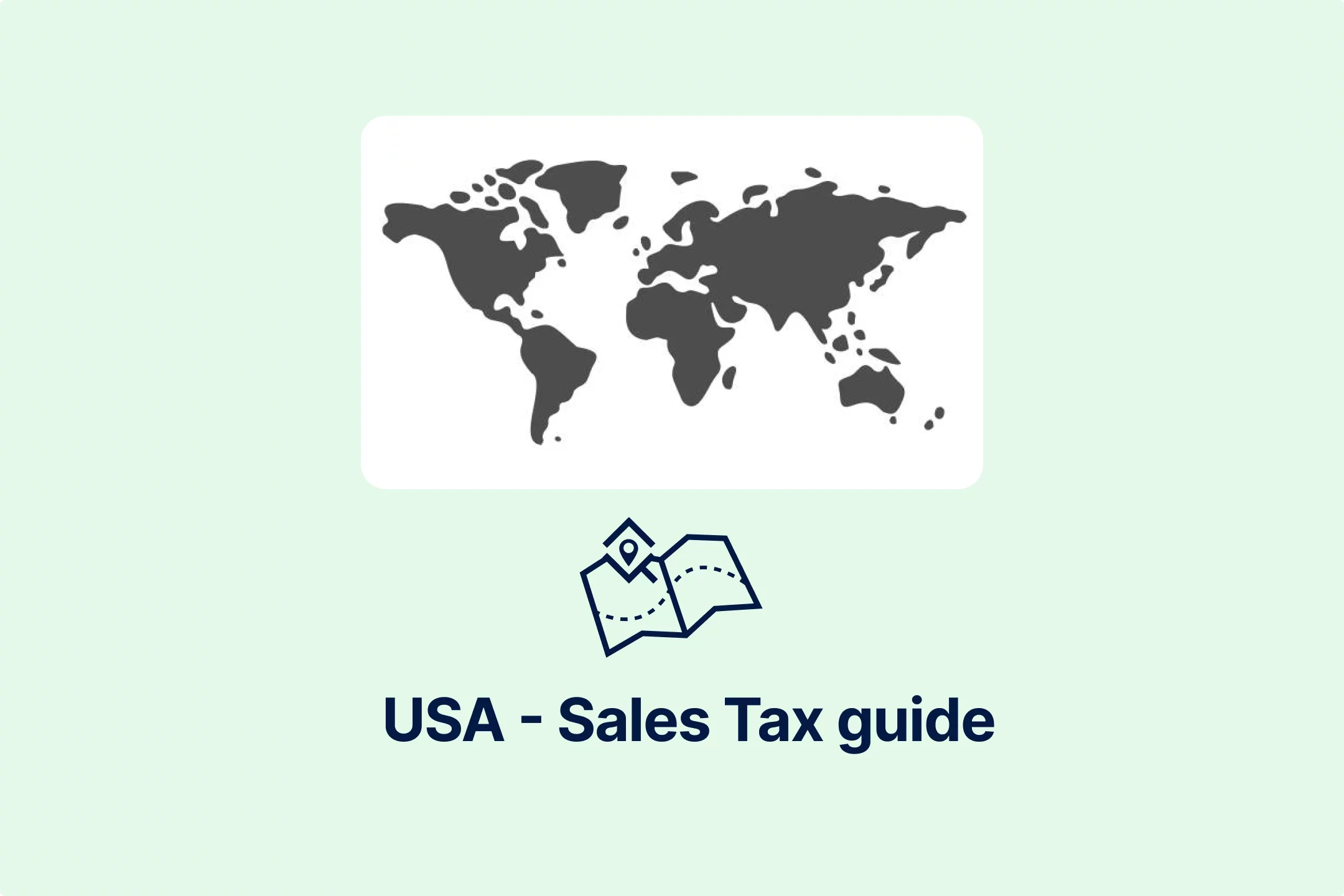
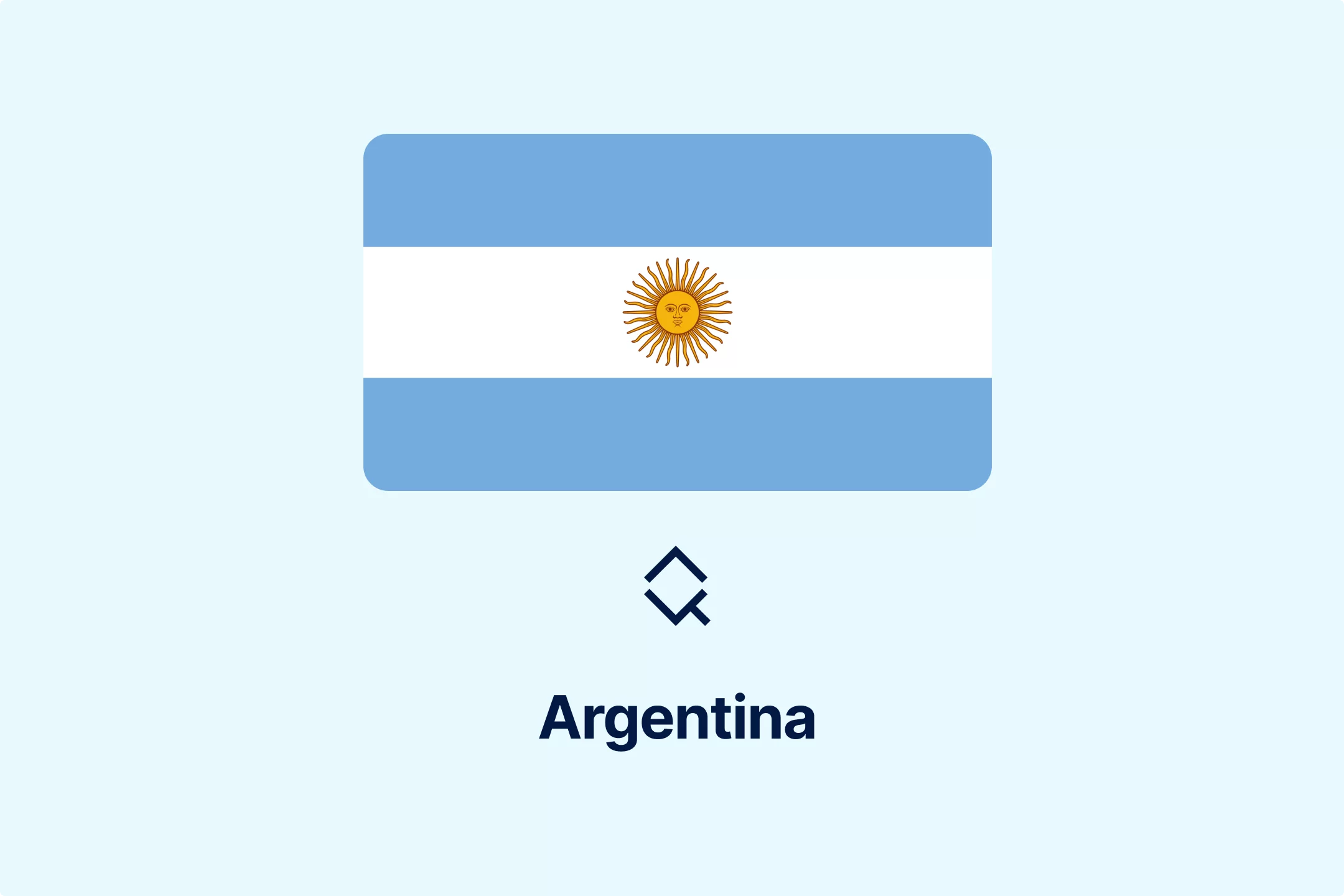
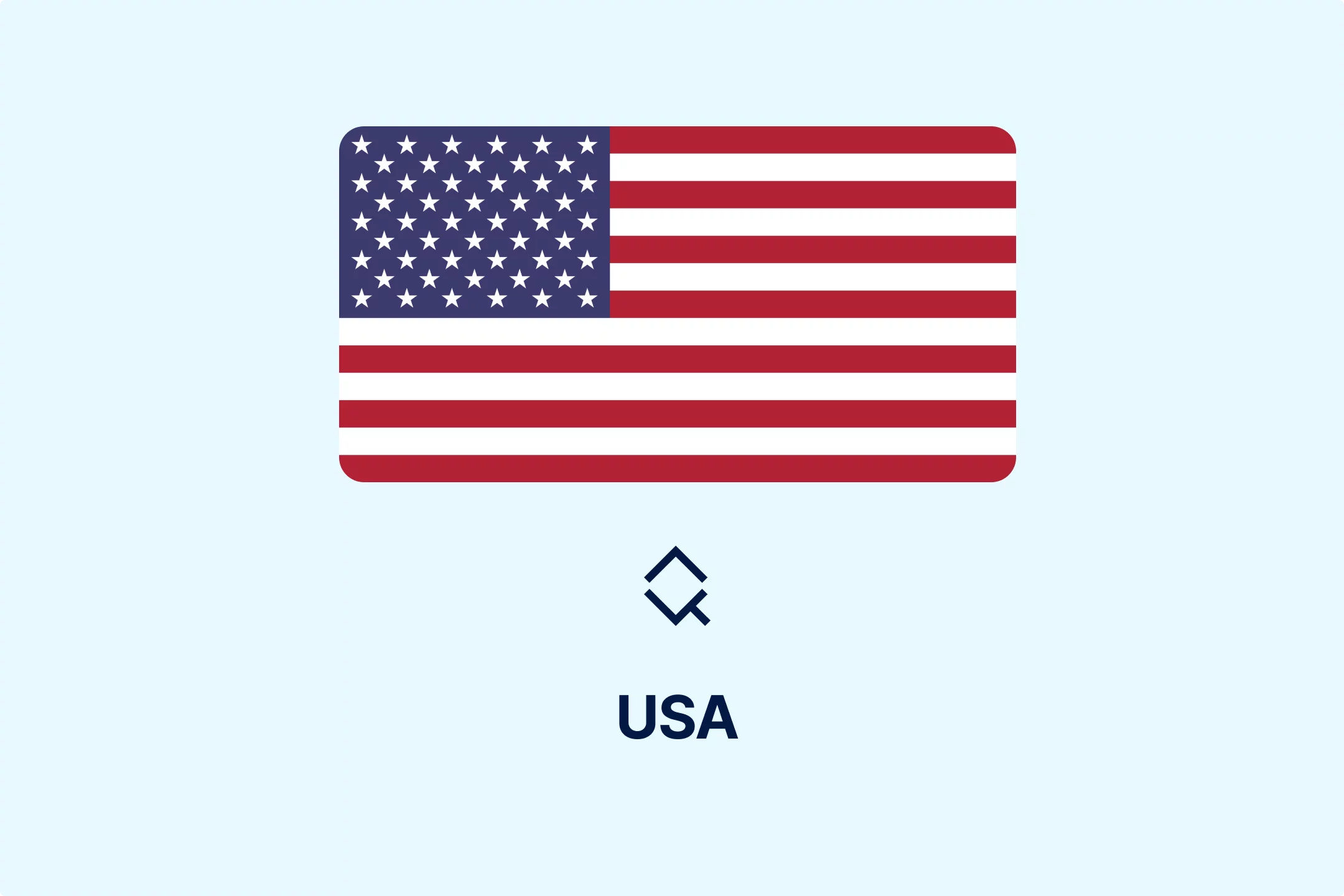
-fd4vrjrcmo.webp)



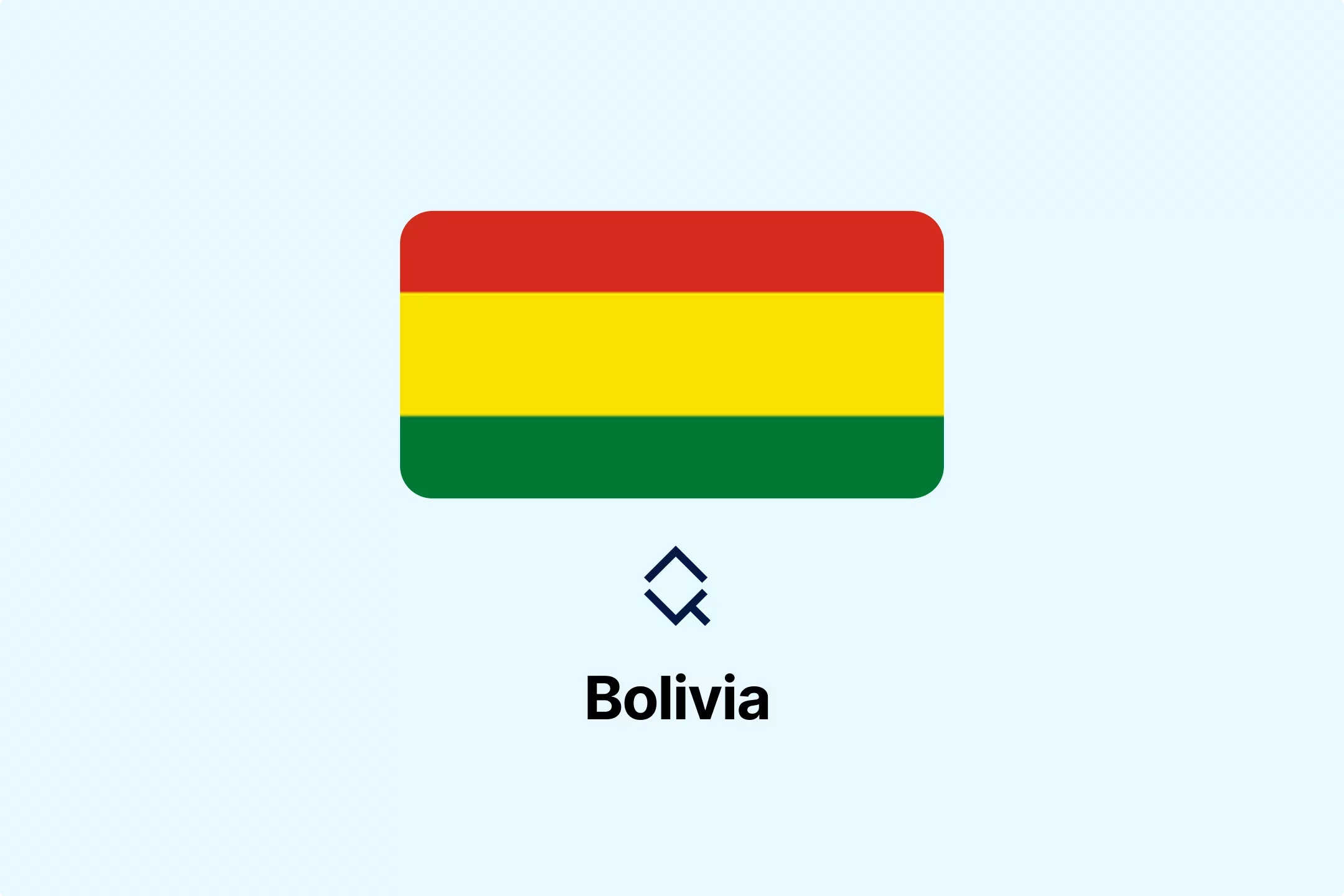

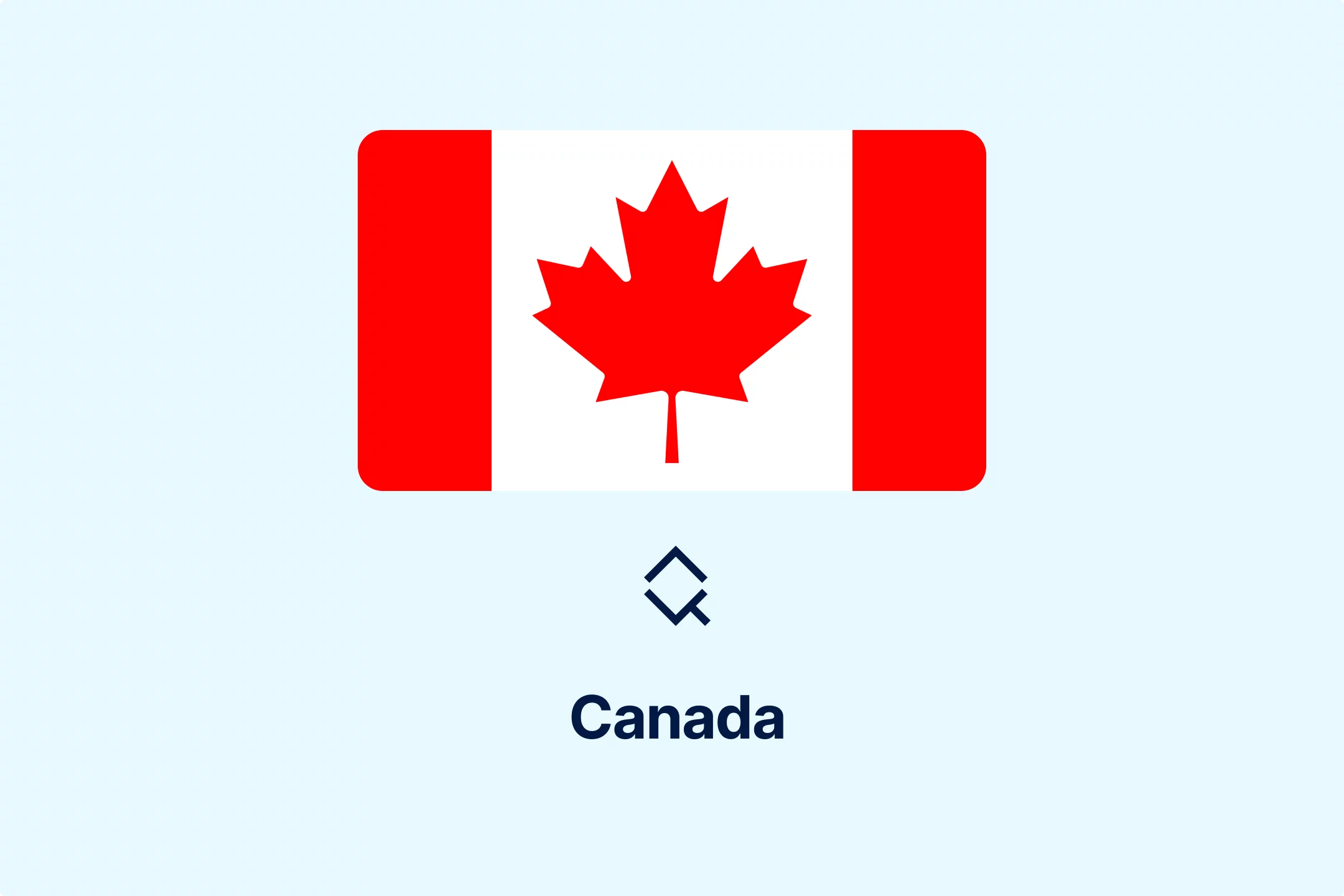





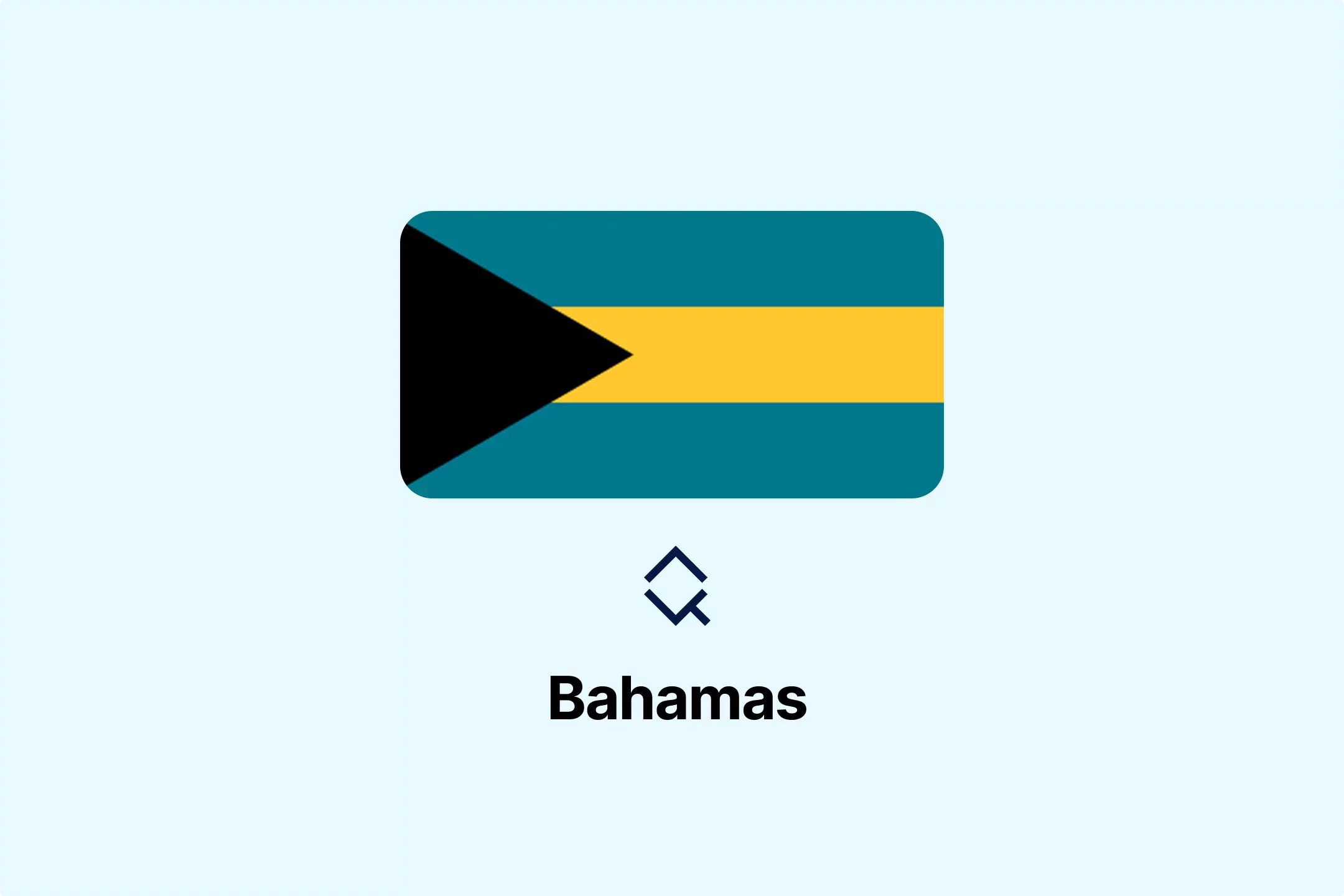



-qoqtiao7l2.webp)

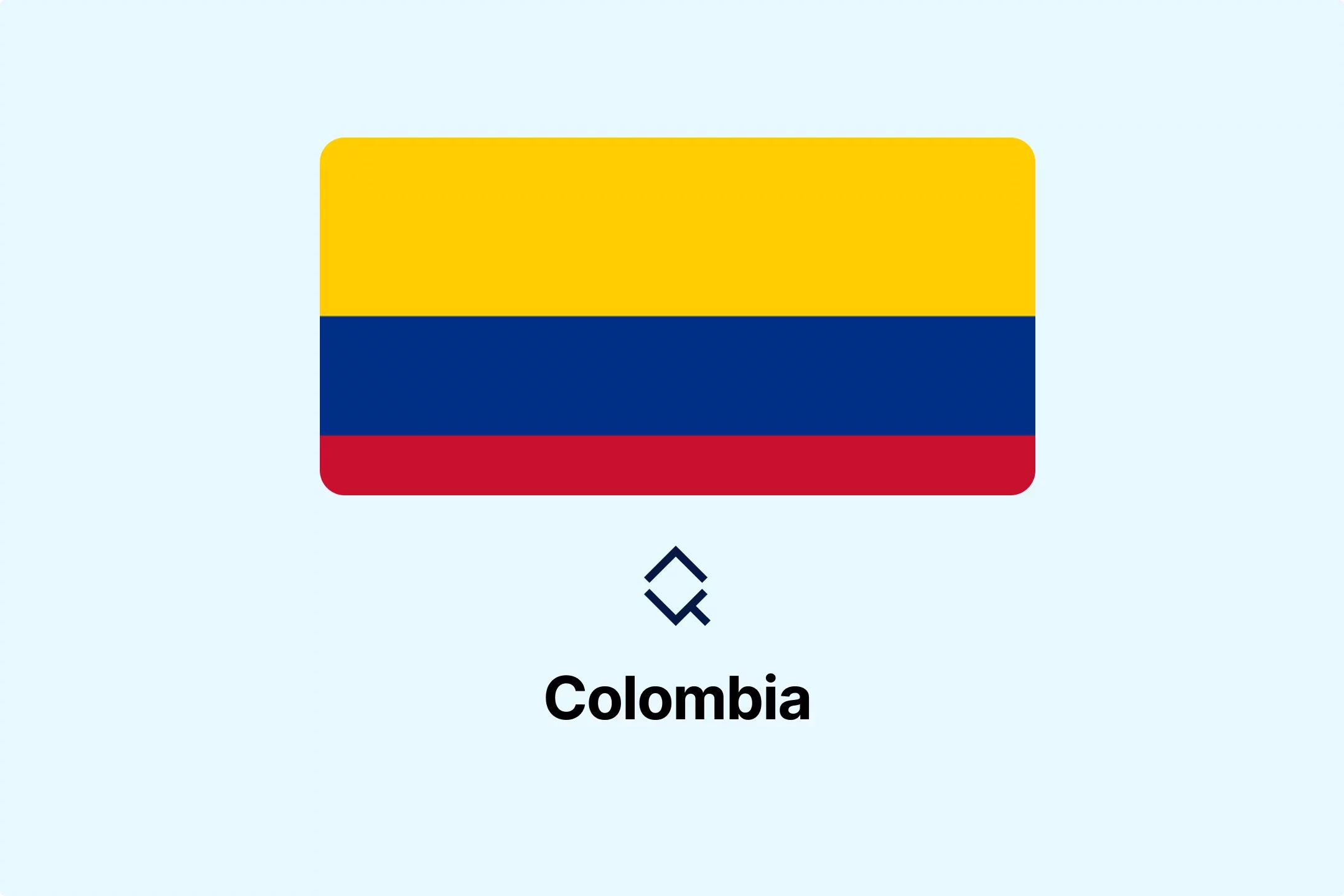
-pdupgqz2r8.webp)
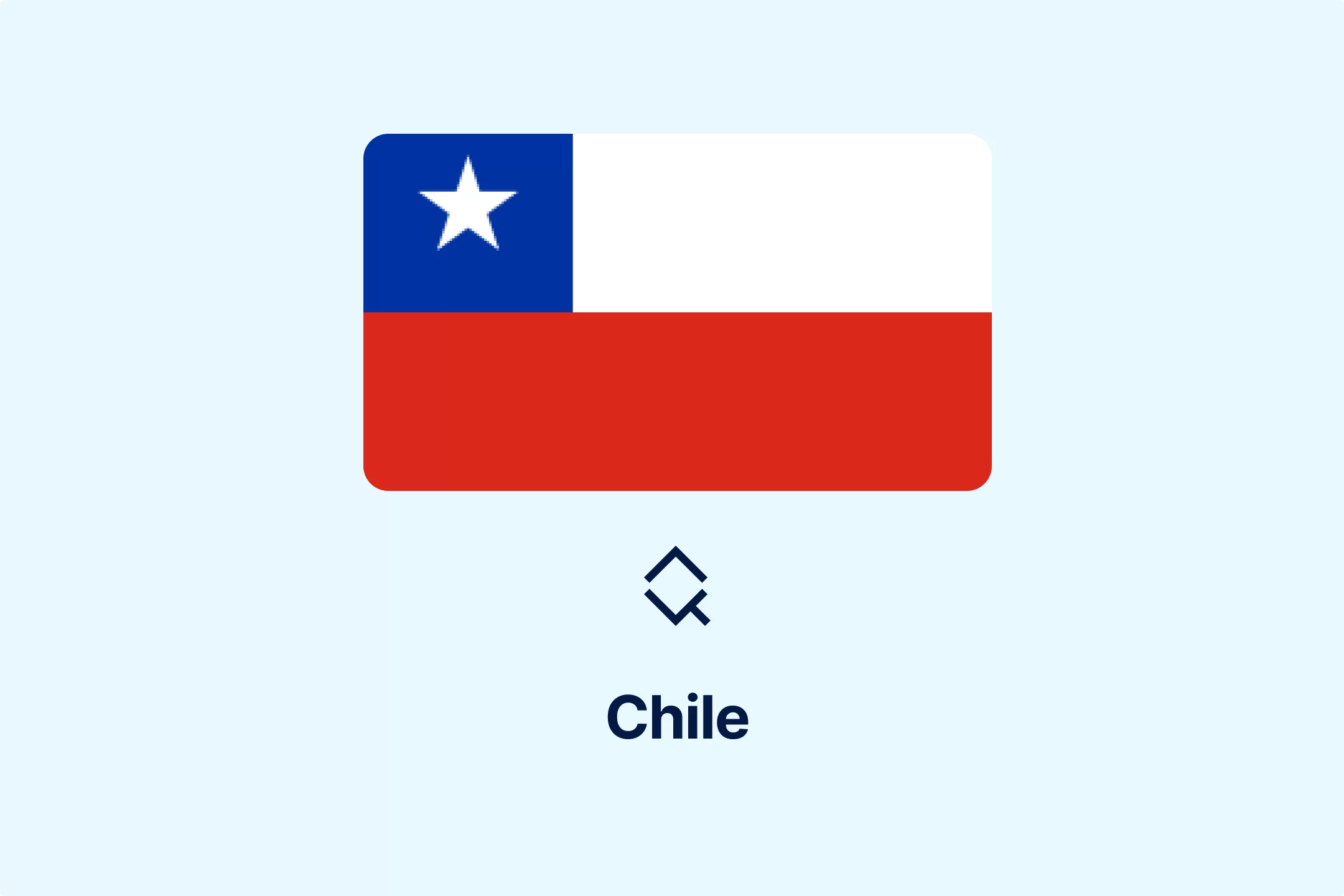





-o0xyg5unvs.webp)

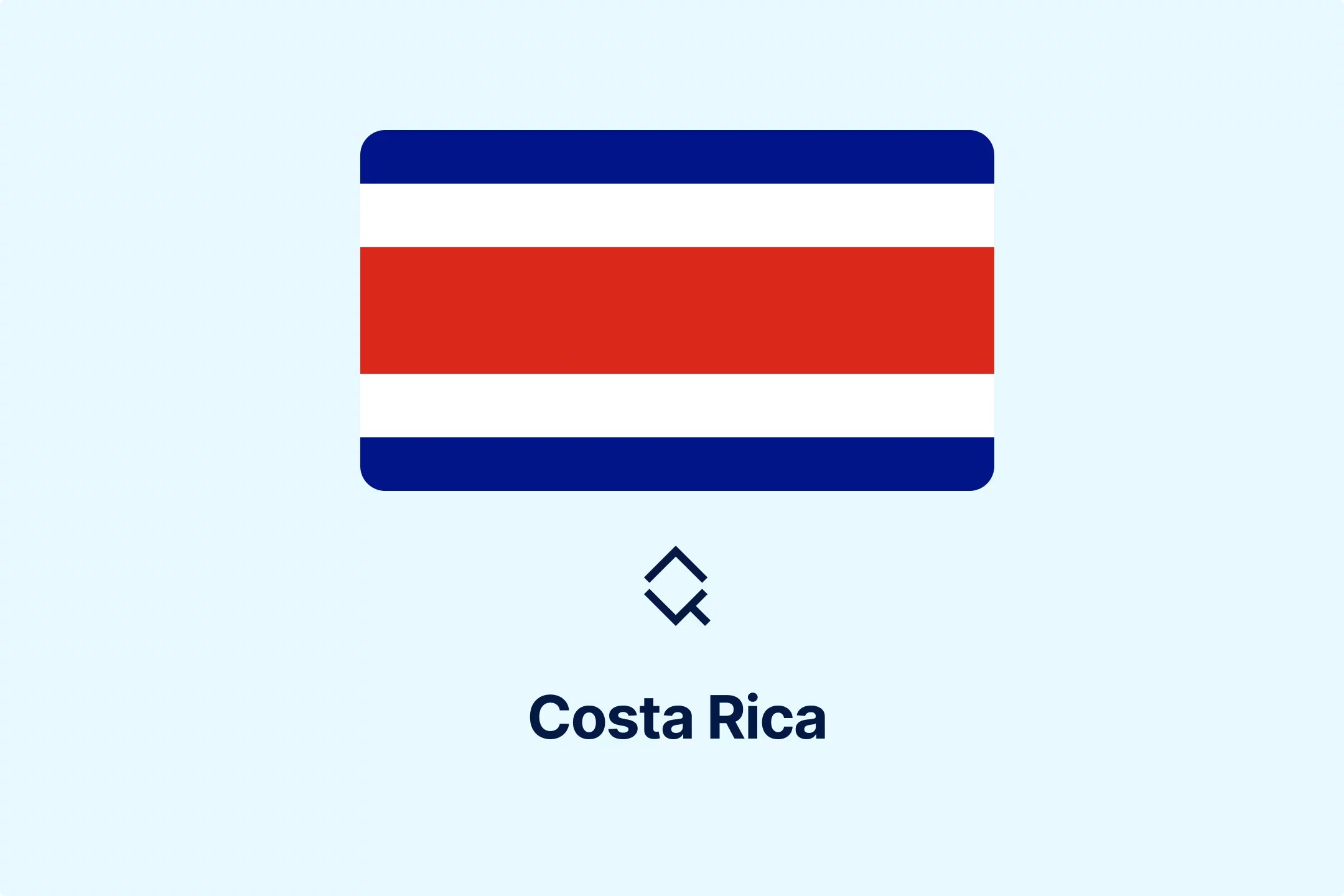
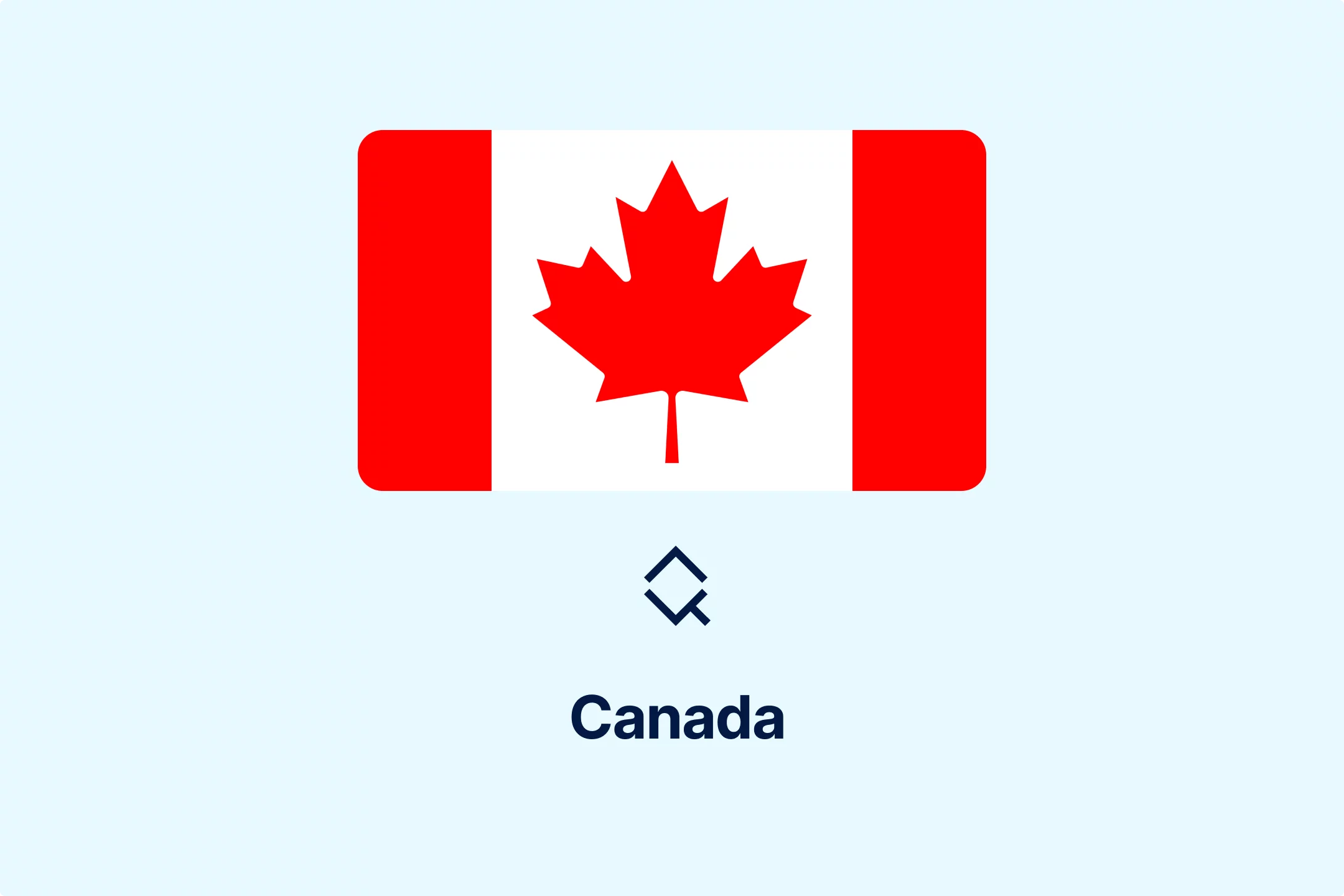
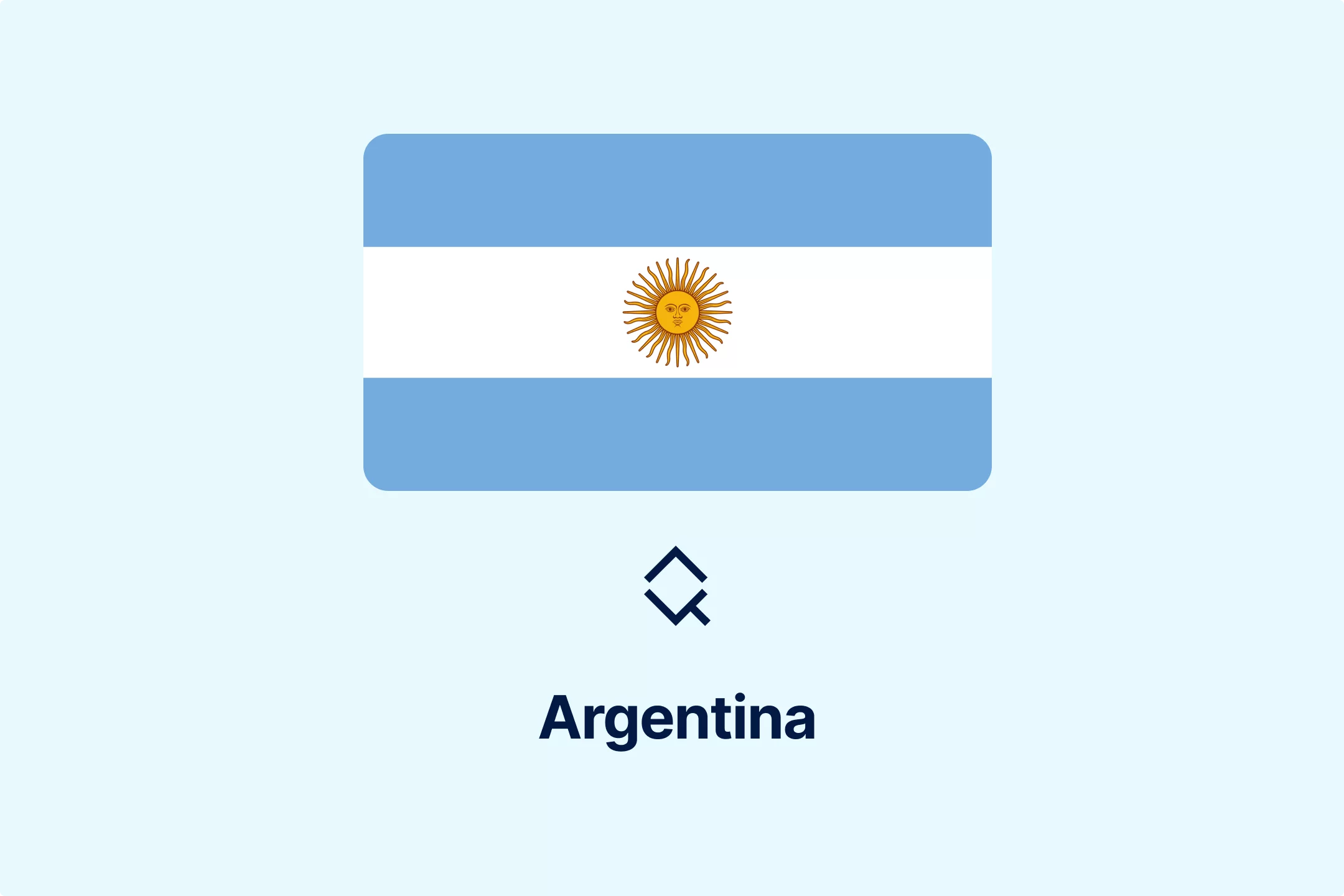



-sebuexzucq.webp)







-sug7vykj81.webp)







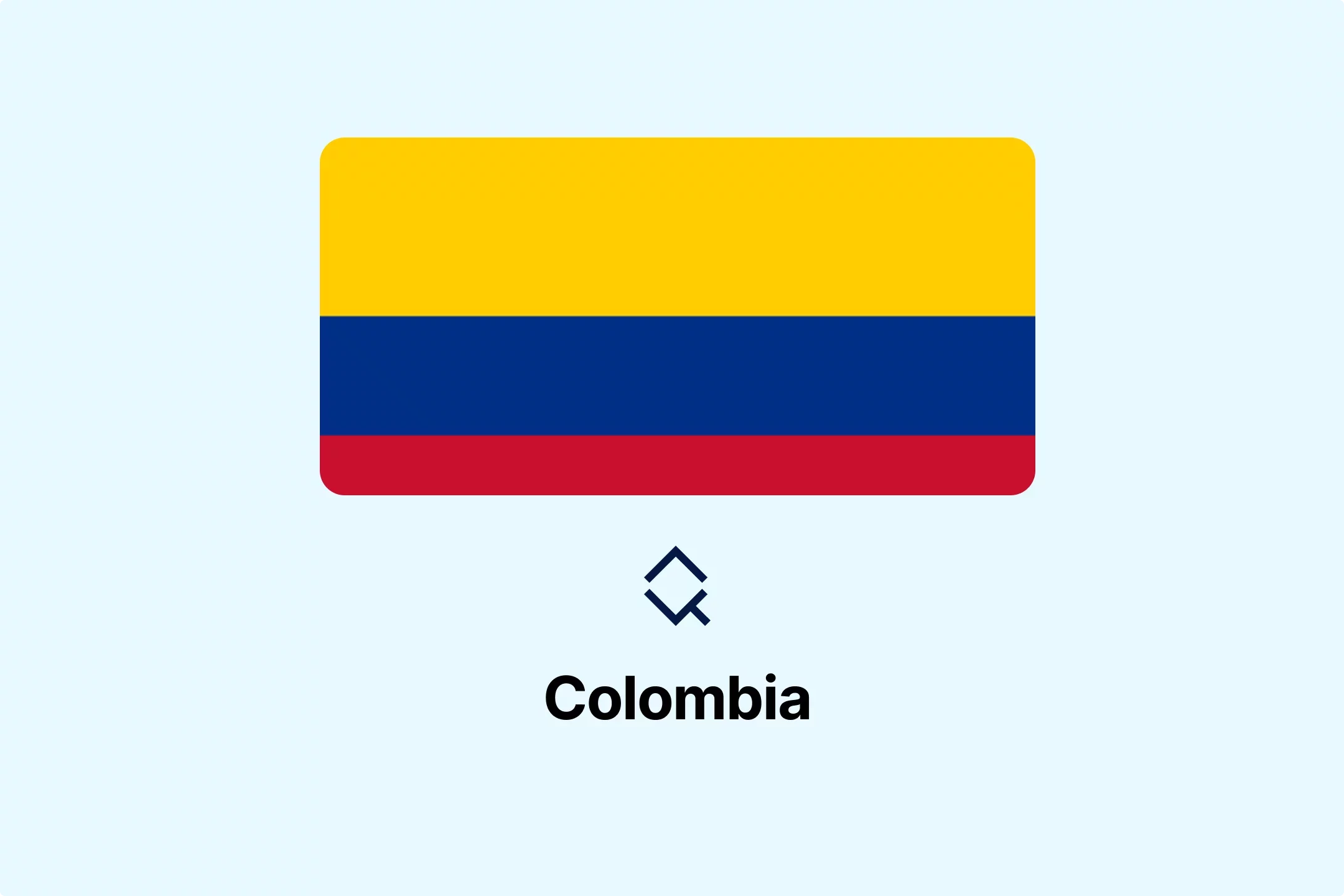
-gsvc6ack9u.webp)

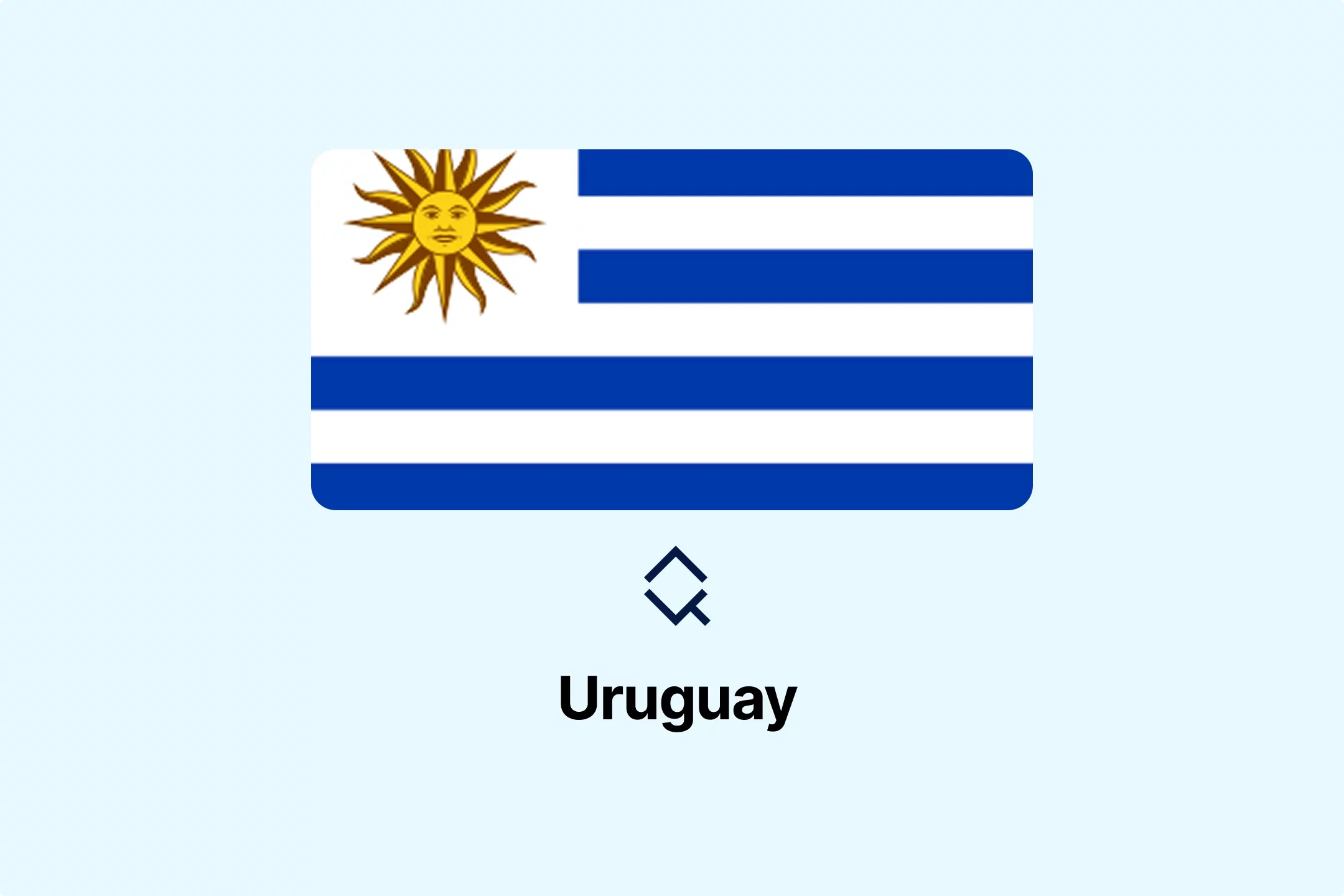





-xsarn0aogt.webp)

-hcel6azmgf.webp)


-p6e3ovhdh3.webp)


-fbovkq9h8b.webp)
-pofe7ucwz3.webp)


-d3qhimei1d.webp)




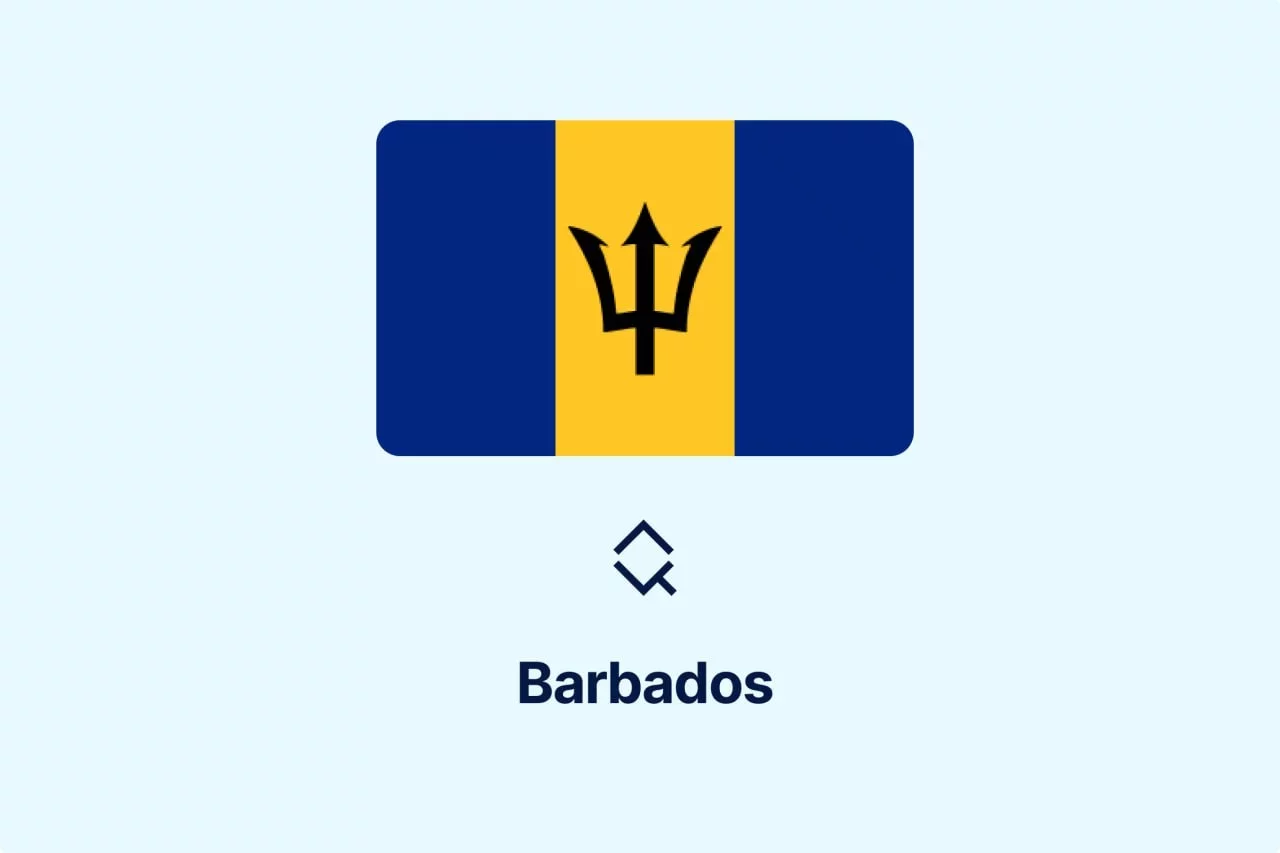

-nilkffjhah.webp)
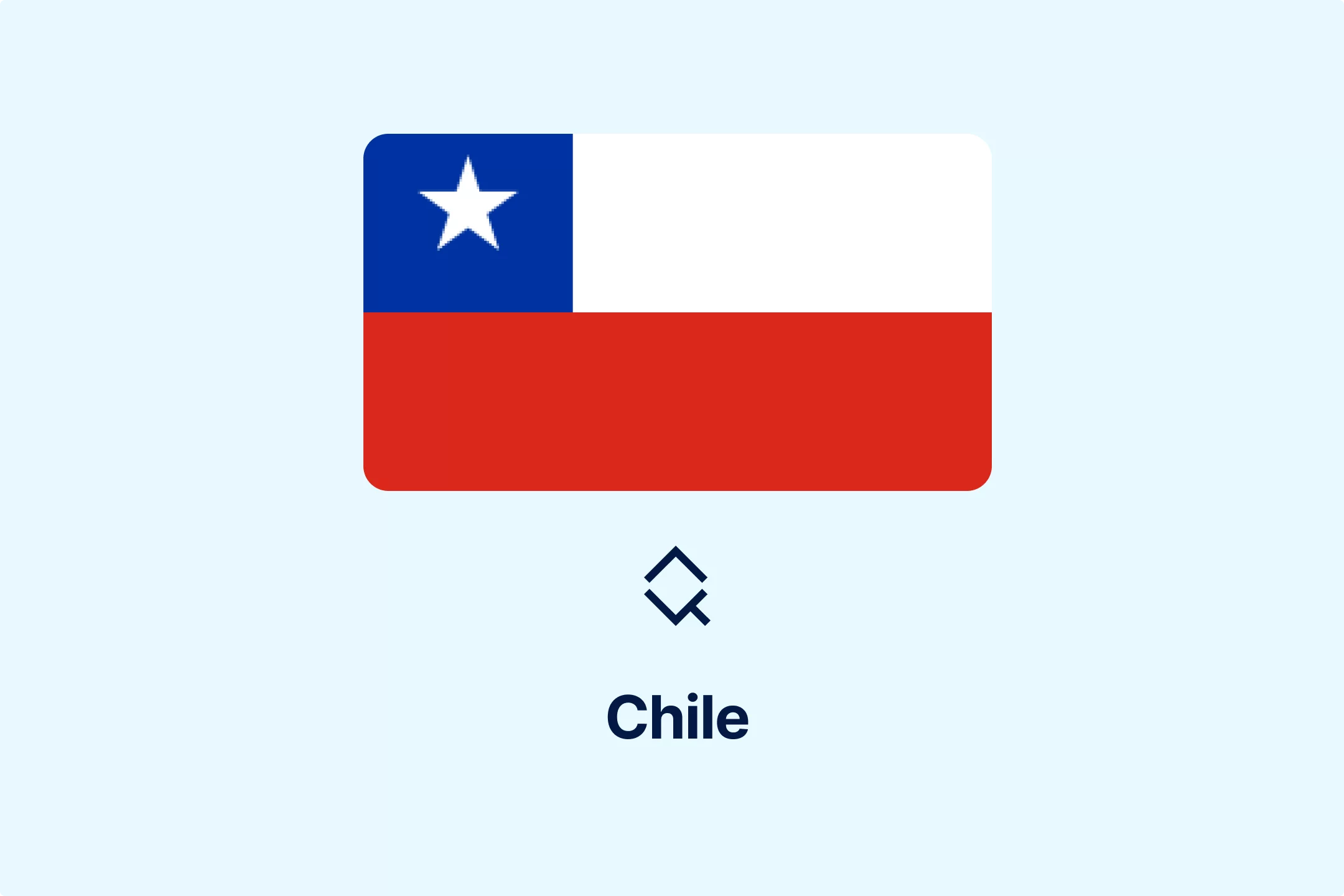












-xbhr0m4jsb.webp)


-ae6fi6cjox.webp)
















-b0fpsws1w1.webp)






















-x78wuofpzj.webp)



















-b44f1vjl1i.webp)




-priw8nq5xc.webp)
-8bkw2pujxu.webp)


.png)

.png)




.png)















































